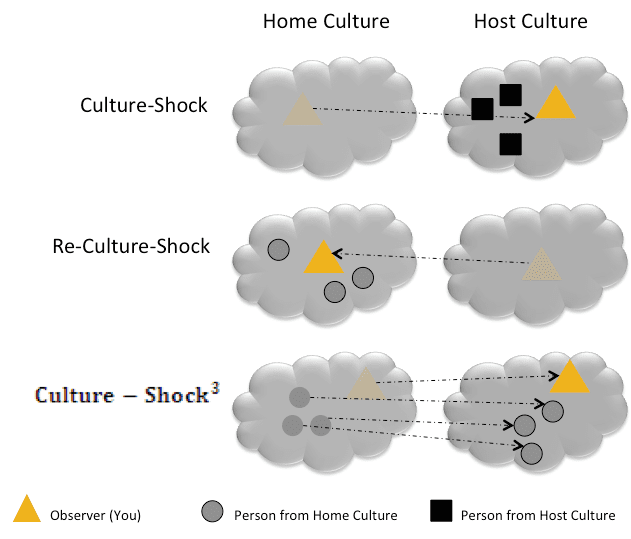
Relocating is a unique experience
One thing that can be challenging when you move abroad is making new friends. Something that usually happens without you realizing it, has to be achieved promptly when you just moved abroad. Of course, it doesn’t help that you are a stranger, either. But if you keep an open mind, a friendly attitude and actually leave the house, it is almost impossible not to meet people you like to be around. Here are some pieces of advice on what you can do to accelerate the process.
Get involved!
Join clubs, such as sports, dancing, art classes, volunteering, etc. This way you can get to know people gradually, which is nice if you’re not super extroverted, and you can be sure you’ll have at least one thing in common with them.
Go out!
There are, at least in bigger cities, local magazines and networks for expats where you can inform yourself about events, bars, classes, organized trips and so on. Making friends with other expats is great for mutual support and sharing our experiences on being an expat.
Locals are the way to go!
Don’t forget to make friends with locals as well to feel more at home at your new location, improve your intercultural social skills, be exposed to new impressions and broaden your horizon. After all, this should have been one of the reasons for relocating in the first place.
Cultural point of views
The way people become friends differs from culture to culture. Some are very open from the beginning; others need some time to warm up. In some cultures having a vast network of contacts is highly valued; others prefer having less, but very close friends. Remember, of course, that those can be clichés and every person you’re dealing with is an individual, not simply, for instance, “a German”. Become aware of your own culture as well so you understand how it affects your expectations towards other people. If you’re from a more open-hearted culture, don’t be disheartened if people need longer to open up than you’re used to and don’t push them.
Be open to some miscommunication
Another example of differences across cultures is friendliness vs. honesty, i.e. should you always truly express your opinion even if you’re hurting or insulting someone by doing so? When in doubt, rather go for being nice, but don’t fade into characterlessness.
Time to finally use the few words of German you remember from high school!
Learning a language to a degree where you can engage in more meaningful conversations takes quite some time, of course. But even by trying, you show that you’re interested in your local friends’ culture.









